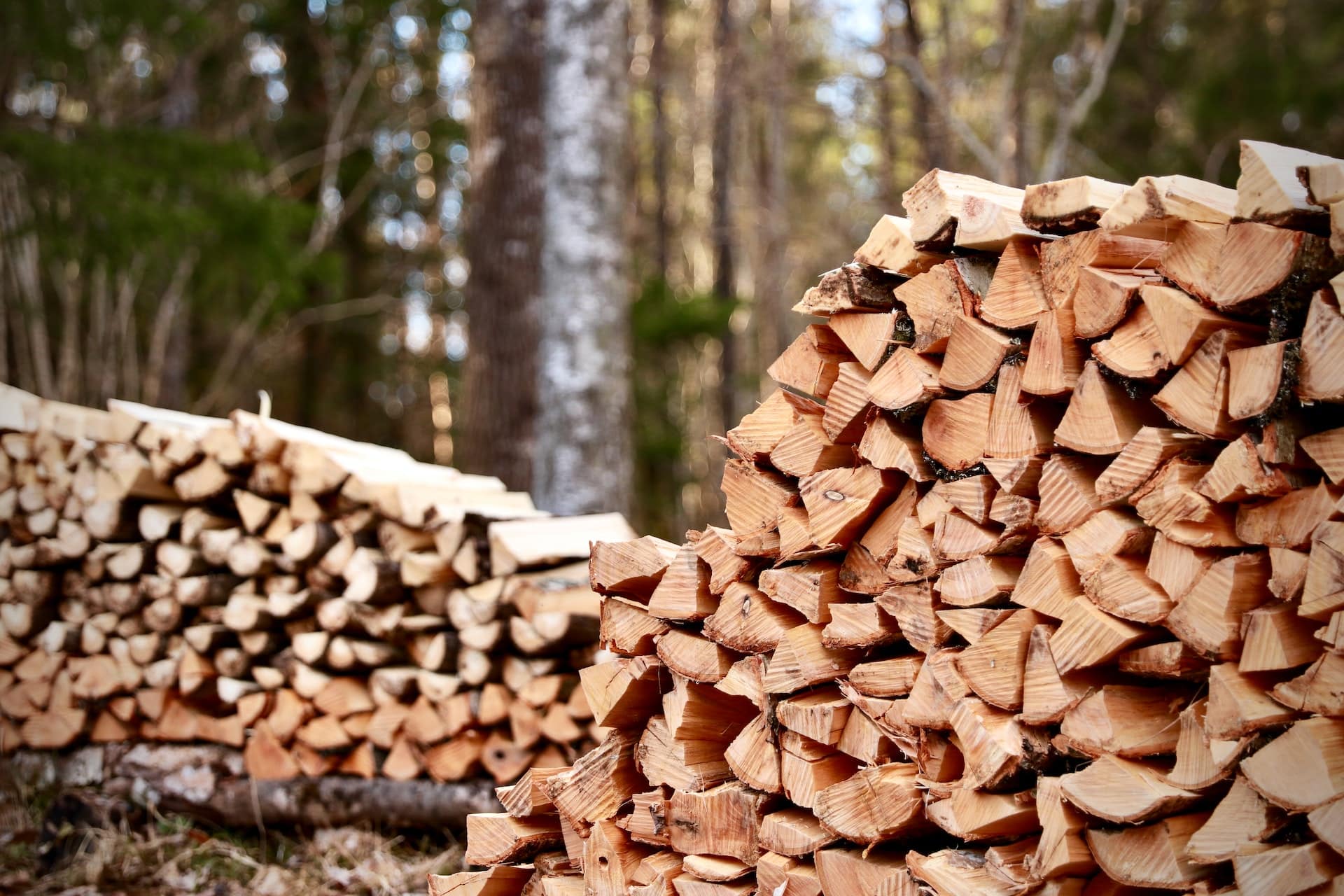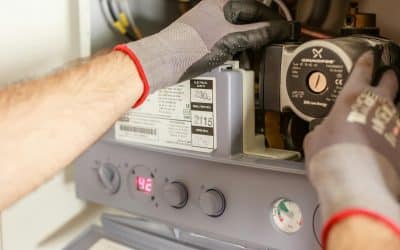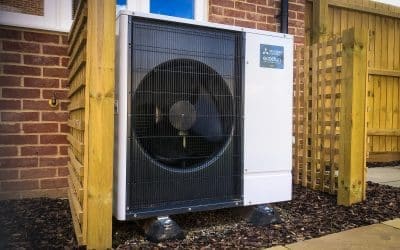In recent years, renewable and sustainable energy heating solutions have become increasingly popular due to the numerous benefits that they provide. One of the more well-known green energy heating systems is the biomass boiler.
However, the biomass boiler may not be the obvious choice for all households as owners require access to fuel and enough space for storage. That being said, if you are able to install a biomass boiler to heat your domestic or commercial property, it will offer a variety of advantages.
The fuel used for these heating systems is cheaper than oil and electricity and they also offer an efficient and low-carbon form of heating.
If you’ve recently installed a biomass boiler or you’re considering installing this heating system, all of this may seem a bit overwhelming to a new owner. You may also have numerous questions about your boiler and how it functions.
JL Phillips is the leading manufacturer of renewable energy heating systems in the UK. We offer a variety of domestic, commercial and industrial biomass boilers and we also provide site surveys, installation and maintenance for your heating systems.
In this article, we’re going to answer some of your biomass boiler FAQs to help you better understand this product.
1. What is Biomass?
This is a common biomass boiler-related question. Biomass generally refers to any organic matter that can be used as fuel. The more commonly used biomass includes wood-based products, such as wood pellets, wood chips and logs. These offer a potential clean burn and low-carbon, or carbon-neutral, emissions.
In biomass boilers, the fuel can be manually or automatically fed into the stove. At JL Phillips, our boilers can accommodate various fuels and are suitable for a wide range of power outputs.
Call us for the best eco-friendly heating systems for your property.
2. How to Choose the Fuel?
The types of fuel storage and fuel feed equipment will vary for different boilers. This means that you’ll need to decide if you want your boiler to be manually or automatically fed. While the fuel for log-burning boilers may be cheaper than pellets, these boilers need to be filled by hand. Pellet and chip boilers have automatic feeders that refill at regular intervals and they are more controllable than logs.
As your biomass boiler fuel will need to be bought in bulk or large quantities, you’ll also need to determine an appropriate space for storage. A shed or garage is ideal for this purpose, which is why this type of heating system is better suited for larger properties. When choosing your biomass fuel, consider your available space, storage capacity and cost.
3. How to Dispose of Boiler Ash?
Biomass fuel burning results in the formation of ash, which is considered to be quite valuable by farmers and horticulturists. Biomass ash can be used as a fertiliser as it is highly environmentally friendly and can lead to wood regeneration.
After burning a set amount of biomass fuel, your boiler will automatically de-ash. You can also force your boiler to de-ash by pressing a de-ash button and you can manually clean the boiler if needed. Remember to switch your boiler off before de-ashing and restart it after the process is completed.
4. What are the Biomass Boiler Maintenance Requirements?
Whether you’ve got a biomass boiler or another heating system, regular servicing and maintenance is essential to ensure that your equipment continues to run smoothly and efficiently. Any minor or major issues should be immediately identified and resolved.
At JL Phillips, we have essential knowledge and experience in servicing and maintaining various types of biomass boilers. Our service will be carried out by highly qualified service engineers and it includes a comprehensive list of checks, which can take up to six hours.
Reach out to us for effective and efficient servicing and maintenance of your biomass boiler.
Contact JL Phillips for Advice Concerning Your Biomass Boiler FAQs
Have these biomass boiler FAQs helped you understand your equipment better? If you have any more biomass boiler-related questions, JL Phillips is here to help!
As the leading manufacturer of renewable energy heating systems in the country, we can provide you with a variety of heating solutions for commercial, domestic and industrial properties.
We offer renewable energy heating systems such as biomass boilers, air source and ground source heat pumps, underfloor heating and solar panels.
With years of experience in the industry, our HVAC specialists can help you find the best heating solutions to suit your property’s needs. We also provide installation and maintenance services for your convenience.
Check out our products and reach out to us to learn more about our services.





